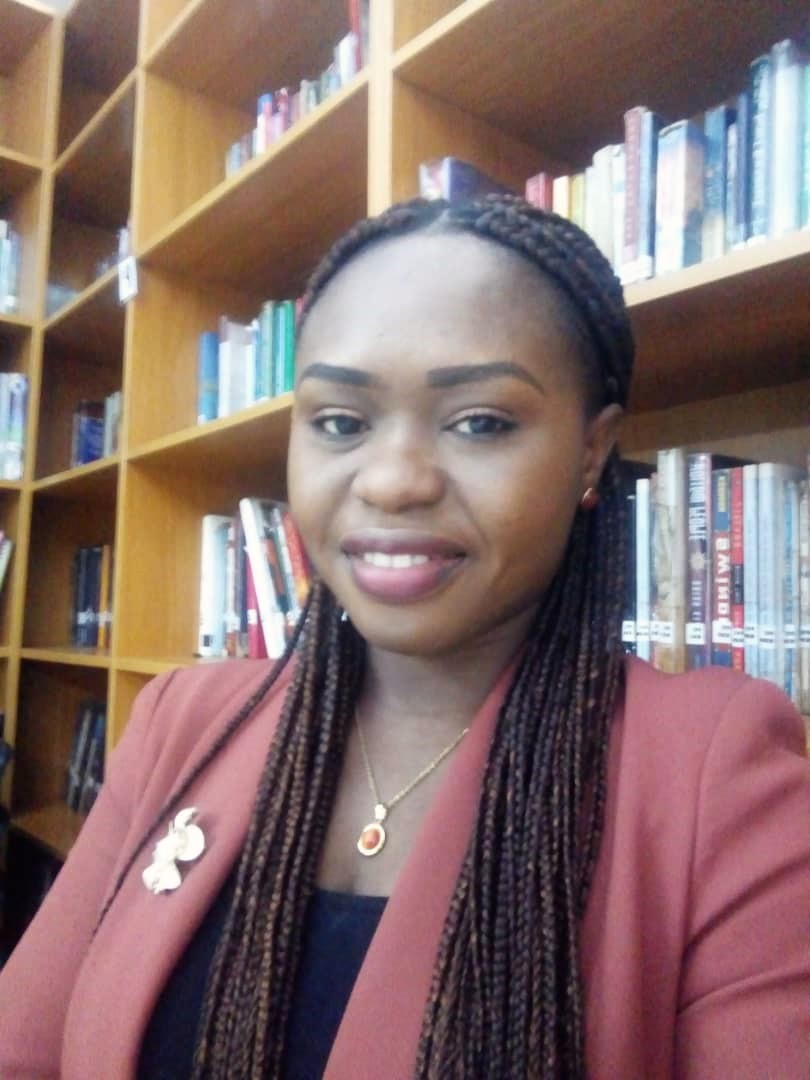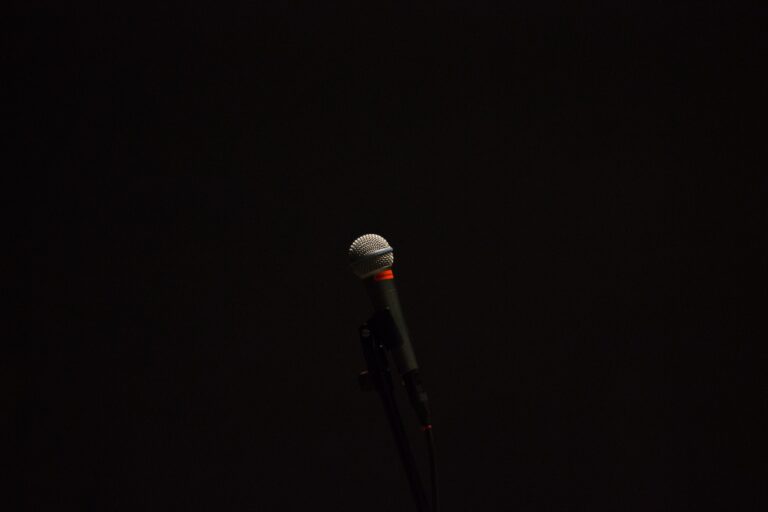1. Tell us about your journey to becoming a writer
I think I was about eight or nine the first time I picked up a pen to write a story. I had just finished Things Fall Apart by Chinua Achebe and had enjoyed the story and had decided to write mine with a similar setting. I had picked up an old exercise book, folded it into the size of a published paperback and had begun writing. I had also gone as far as illustrating it—I was quite good at drawing—and designing a book cover. Then I had taken the book to school and my Year Five teacher had seen it and praised me for my effort in front of my classmates. Since then, writing had stuck with me. I just cannot shake it off, despite the moments of self-doubt, being too busy with study/work and the rejections I have had from publishers.
2. How important is a theme or a particular issue to your writing?
I have always believed in Niyi Osundare’s statement of writers being righters. Writing is a tool for social change. It is a mighty weapon. A theme, as we all know, is the message the writer is trying to pass across. The characters, the settings, the choice of words and the structure of a story all revolve around this message. This message, this theme is powerful; it is definitely very important.
3. From the short story collection, we can see that your writing touches on issues of trauma, poverty, and tribe/ethnicity primarily. What other themes would you say your writing covers?
Love. I love to talk about how love—or its absence—affects lives and our world. Most of my stories touch on love in its different forms. Family, which is also related to love also features a lot in my stories. I am a teacher and have seen, from the interactions I have had with my students, over the years, how much the family plays a significant role in their lives and their achievements.
4. Let’s talk about trauma for a second. The characters in your story depict some of the ways in which a tragedy can affect your mental health but also the course of your life. Can you talk a bit about why this catalyst appears in your stories and what makes it so interesting to explore?
I remember one evening, while I was growing up, when after dinner and there was no power, I and my siblings had milled around our mother in the verandah of our home asking for stories. Somehow, our mother had started telling us about the Nigerian civil war. She talked of the losses of her family. She had been about eight at the time the war started, but she remembered so vividly all of her experiences. She talked of running through the forest with her family with loads on her head, trying to escape bomb attacks. She talked of her mother’s twin babies dying due to no milk. She talked of several young men who had just finished secondary school being conscripted into the army and never coming back home to their families. She talked about a woman losing all her sons and becoming mentally unstable. As she spoke, we grew still—all five of us. For we could hear the pain and the sadness in her voice, and we felt them too. And I realised how tragedies never truly leave the soul. How the mind keeps looking back to the pains of yesteryears. I want the world to read my stories and hear once again that we have to be careful about how we treat people, how we make them feel. The mind can be a fragile place and we must be careful not to upset its balance through our actions and words.
5. There is often a fear that focusing too much on things like tribe or ethnicity can be divisive. You do not shy away from it. Why do you think it is key to explore identity in literature?
We just have to talk about the elephant in the room. Somebody has to. Otherwise, we will just keep going in circles as a nation. The truth is that tribalism has been the bane of our dear country, Nigeria. We have to take pride in our tribes which form our identity but at the same time we should not denigrate others. As Nigerians, we must have conversations on how we can live in harmony despite our differences. We must begin to realise the true meaning of identity: I am, because we are. My aim is to not to emphasise the division that already exists in our society but to make us understand the need to live peacefully with one another.
6. Poverty is almost a character in your stories. You get intimate in describing it and what it breeds. You also juxtapose it quite vividly with wealth. Why did you think it was important to paint such a clear picture of the experiences of poor people in your stories?
There are a lot of poor people in Nigeria and the number keeps increasing by the day. This, of course, has a devastating consequence. It is also very dangerous. We see children who ought to be in school on the streets, begging, hawking or being groomed by criminals. This is not healthy for our society. There really is no tangible plan for the poor people in our society; they survive purely on the benevolence of other citizens or NGO’s. This should not be. Something sustainable needs to be done to reduce the poverty rate in the nation.
7. What kind of writers inspired you along the way?
All of the books I have read along the way have inspired me in one way or the other. I read wide and have consumed books from different writers from different times. VC Andrews, Agatha Christie, Thomas Hardy, John Grisham, the Brontes, Chukwuemeka Ike, Kola Onadipe, Chimamanda Adichie, Zainab Alkali, the list is endless; I have read their works and have been captured by their beautiful styles. However, reading Chinua Achebe’s Things Fall Apart and Buchi Emecheta’s Second Class Citizen were really, really inspiring as these books pushed me to write.
8. What are you reading now?
Amos Tutuola’s Palmwine Drinkard. I am ashamed to say that I am just laying my hands on that wonderful piece of African Literature.
9. What is your writing process like?
My stories, I have discovered, often write themselves. I don’t often start out with an end in mind. I just get inspired to write about a kind of character or a theme and once I pick up my pen, the story begins to tell itself.
10. What can we expect from you in the future? Are you working on anything at the moment?
I am working on a fantasy story for children and a collection of some of my poems.




